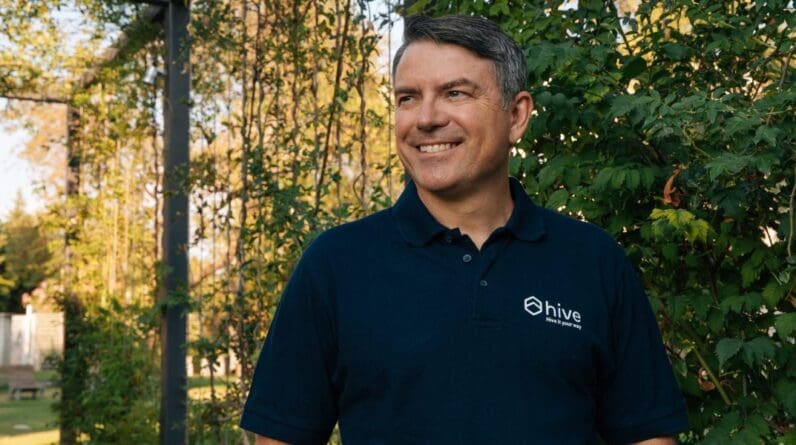
Hive, which just raised $13 million—a Series A round led by SC Ventures, Standard Chartered’s venture arm, and joined by participants including OneRagtime—wants to reinvent cloud computing’s centralized model.
Cloud infrastructure typically orbits large, physical data centers, but Geneva-based Hive hopes to offer an alternative, dispersed model: an aggregation of individual devices’ unused hard drive and computing capacities.
“It could be one of these big bets that could really work, and if it works, [investors] want to be part of it,” Hive founder David Gurlé told Fortune. “The efficiency that we gained, the upcycling capability that we had, and the waste that we reduce from the 10 billion potentially available computers around the world is way too compelling to ignore.”
This restructuring toward decentralization should help businesses more efficiently plan for cloud-related expenses, promote server autonomy instead of relying on a small number of cloud providers, and reduce energy use, he added. Gurlé sees a distributed and decentralized cloud model as “the most efficient network infrastructure”—why burden one computer with a 10-hour task, when 10 devices could complete an hour’s work in tandem.
Global data centers are notoriously power intensive: In 2023, they consumed 7.4 gigawatts of power, a 55% increase from the previous year, according to Brightlio data. This amounts to about 3% of global electricity consumption.
“We are big believers of Hive’s distributed cloud technology that will enable cheaper and more efficient access to computing power and storage, a critical point when most of our ventures have an AI component requiring increasing such computing power,” said Alex Manson, head of SC Ventures, which plans to use Hive’s services.
Users and contributors store files on “hiveDisk” and contribute a segment of their unused hard drive to Hive’s network “to effectively lower their subscription costs and build the distributed cloud,” according to a company statement. Since October 2023, over 25,000 users and contributors from 147 countries have joined the network. This extra computing capacity allows Hive’s corporate customers to manage workloads ranging from GenAI to 3D modeling.
“The centralization of computational resources into the hands of a few has heightened the risks of privacy violations and data exploitation, escalated cloud costs, and stifled innovation,” Stéphanie Hospital, OneRagtime’s founder and CEO, said in a statement.







